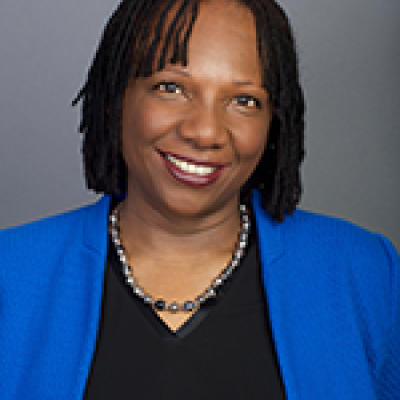Meet Patricia Daley
"Geography broadens our perspectives in ways that other subjects do not. It is a diverse and dynamic discipline that enhances our understanding of differences within and between places, peoples and environments, and their interrelatedness. As we become more aware of our reliance on each other, geography is the subject for One World."
Patricia is Professor of the Human Geography of Africa, and Vice-Principal and The Helen Morag Fellow in Geography at Jesus College.
In 1991, she became the first black academic to be appointed to a University post in Oxford. Since joining Oxford, she has co-founded the University's Black and Minority Ethnic staff network, served as University Assessor and sits on the University's Academic Conduct Panel. She has been a member of the Council & Trustee of the British Academy Institute in Eastern Africa and is the Equality Officer, for the Oxford branch of the University College Union.
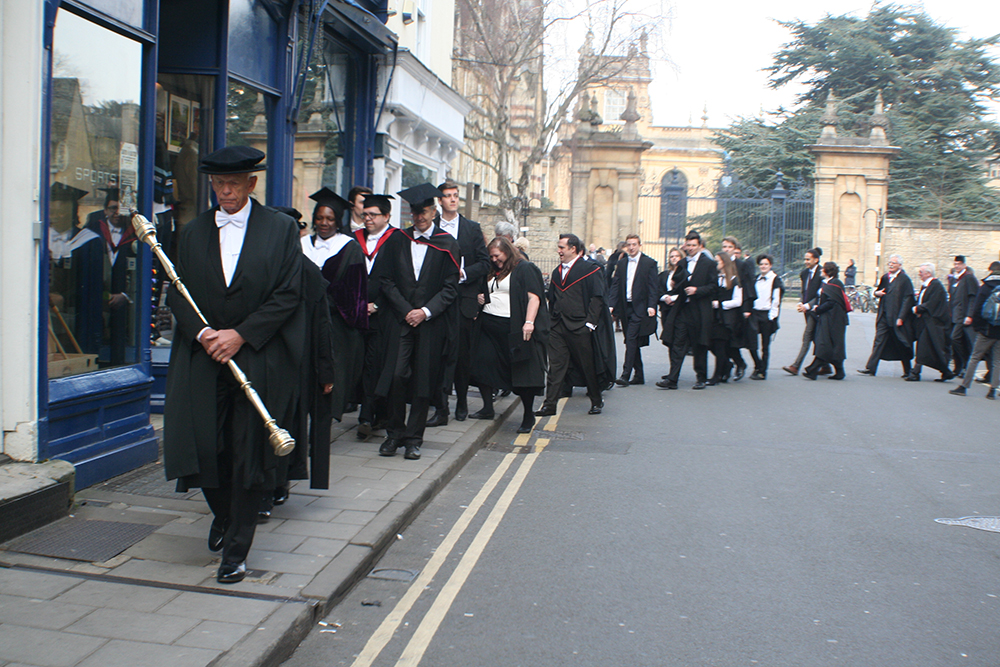
Patricia migrated from Jamaica at the age of 10. She recalls moving from the mountainous areas of central Jamaica to urban Hackney (London, UK) as being quite a transition in the weather, the cultural practices and the school system, but it was this move that sparked her interest in places - especially how the physical environment is formed, and the relationship between the physical and the social and cultural environment.
Geography and French were her favourite subjects in school and after graduating with BSc in Geography with Geology she decided to become a school teacher and studied for a PGCE.
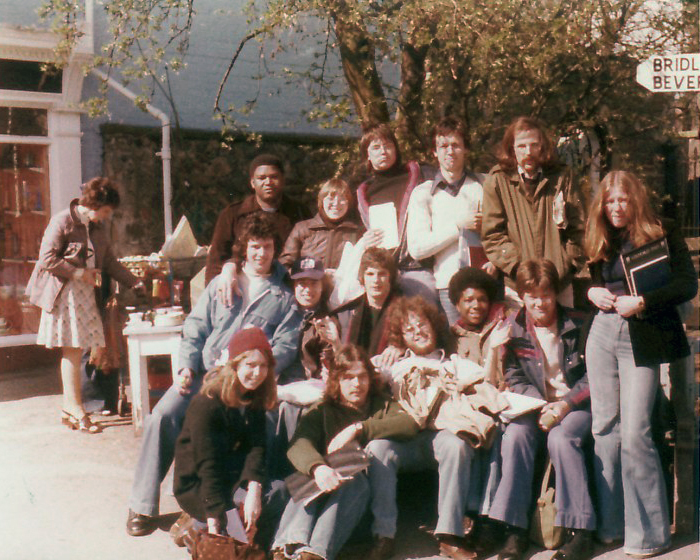
"Historical knowledge about black people was missing from the curriculum when I studied at British schools. Luckily, I had encountered the black history in the Jamaican school curriculum and I knew that that people were not passive and had the capacity to struggle and transform history."
During her first year of teaching she took an evening class in African women's writing at Birkbeck, which deepened her interest in Africa and led her to consider studying African studies at a master's level. She went on to do a master's degree in African studies at SOAS where she met a number of refugees from various African countries, both through the university as well as the Africa Centre and became intrigued by how forced displacement affected people psychologically, culturally, and economically.
"Many of the refugees had suffered horrifying experiences of persecution that included torture and imprisonment and felt relatively safe but alienated in the UK, nevertheless their longing for home was intense and knowing that they could not return without political change motivated them to participate in political action and some became despondent."
She wanted to understand if the experience was the same for those who fled from one African country to another and decided to conduct doctoral research on refugees from Burundi and Tanzania, which led her to Oxford.
"I needed to understand how colonial borders and ethnic categorization divided up communities and how colonial laws of migration within and between African territories and those arising in relation to WWII refugees still inform the laws and policies of post-colonial African states."
Tanzania at the time was under pressure from the international community to introduce or move away from their colonial legacy and introduce new refugee laws that were less draconian colonial laws or modified versions of them are still on the law books in many African countries. Patricia spent a year interviewing refugees in the western parts of the country and collecting historical data in the archives in Dar es Salaam.
"You cannot understand the situation of refugees in Africa without doing some history, so I see myself partly as a historian."
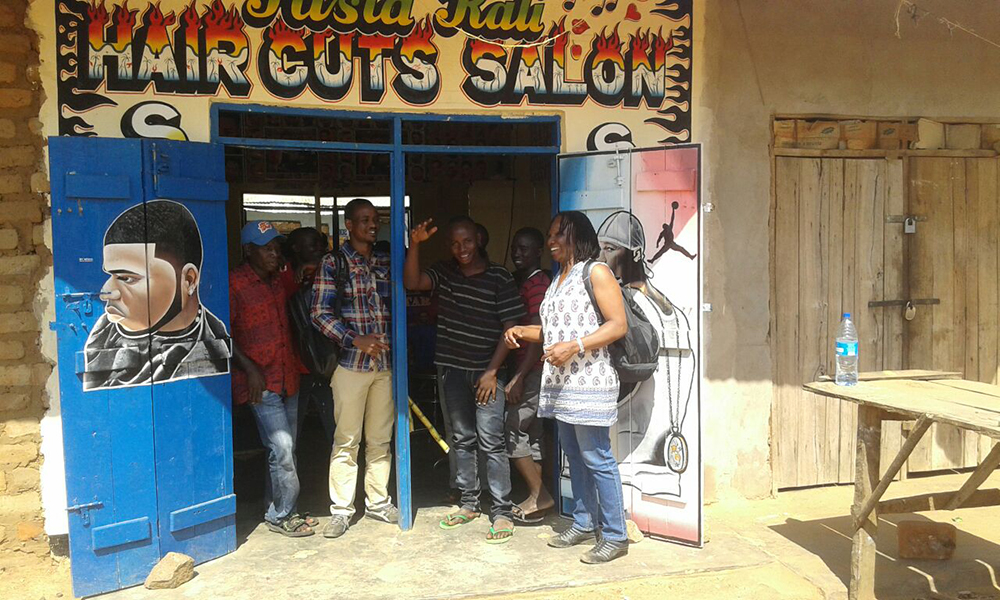
Today, she teaches a range of human geography topics, as well as specialist courses on African societies and environments at the University. Her research interests span forced migration, identity politics and citizenship; feminist geo-politics; racial hierarchies and violence and political ecology.
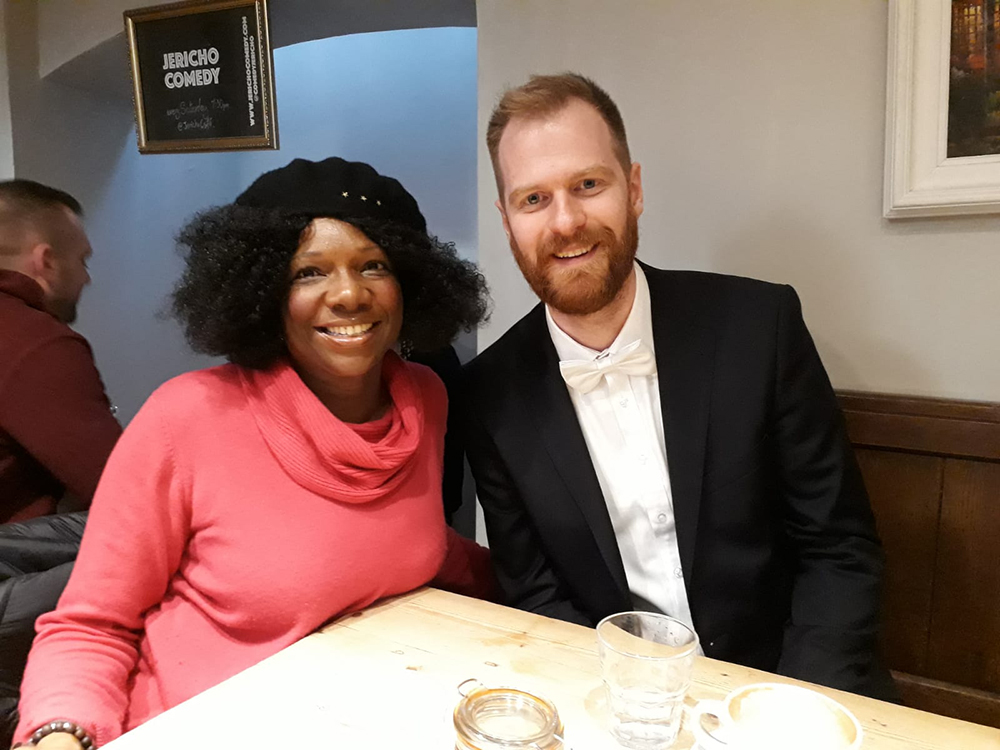
She also undertakes voluntary work for the Independent Advisory Group on Country Information of the Independent Chief Inspector of Border and Immigration, chairs the Board of Trustees for Fahamu Trust Ltd - a pan-African social justice movement-building organization, and sits on the Advisory Council of the Carnegie Africa Diaspora Fellowship Program. She partakes in a number of community engagements, giving the keynote at the 2018 UNESCO's International Day for the Remembrance of the Slave Trade and its Legacy (City Hall, London), and speaking at events including, Africa Liberation Day (Birmingham), Black History Month Windrush Celebrations (Barton, Oxford), and as part of the Windrush celebrations at the Museum of Oxford.
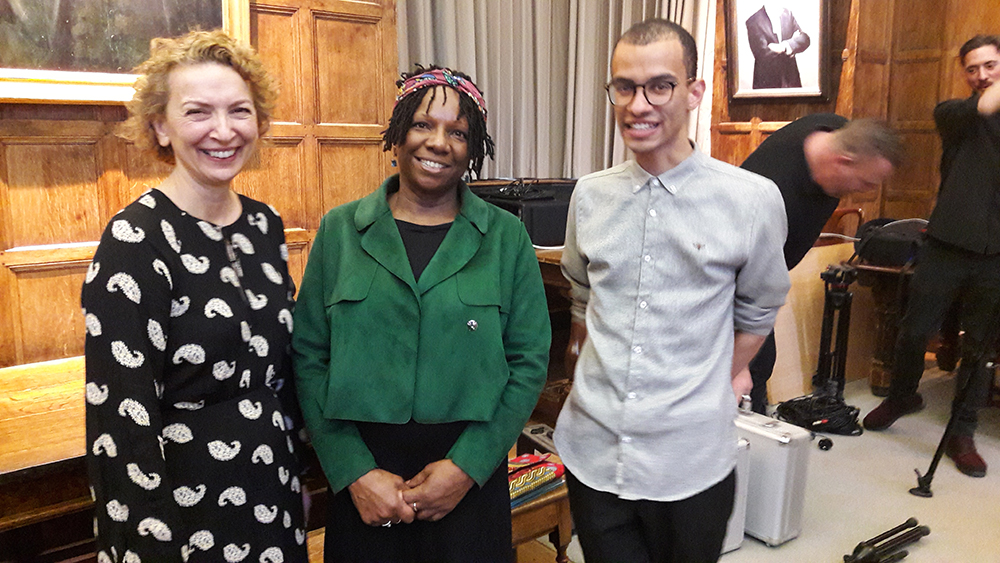
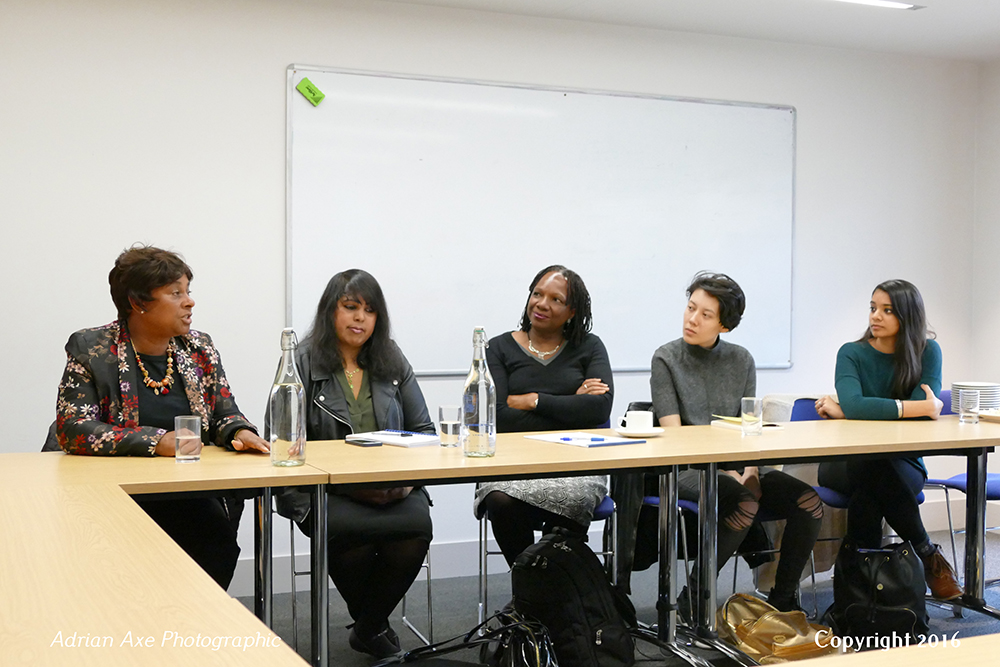
Her portrait was painted in 2017 as part of the University's 'Diversifying Portraiture Project' and now hangs in the University's Examination Schools. Her photograph was taken by Bill Knight for the Phenomenal Women exhibition celebrating Britain's Black female professors, now on at the South Bank in London until 8th November 2020.
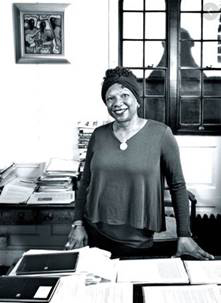
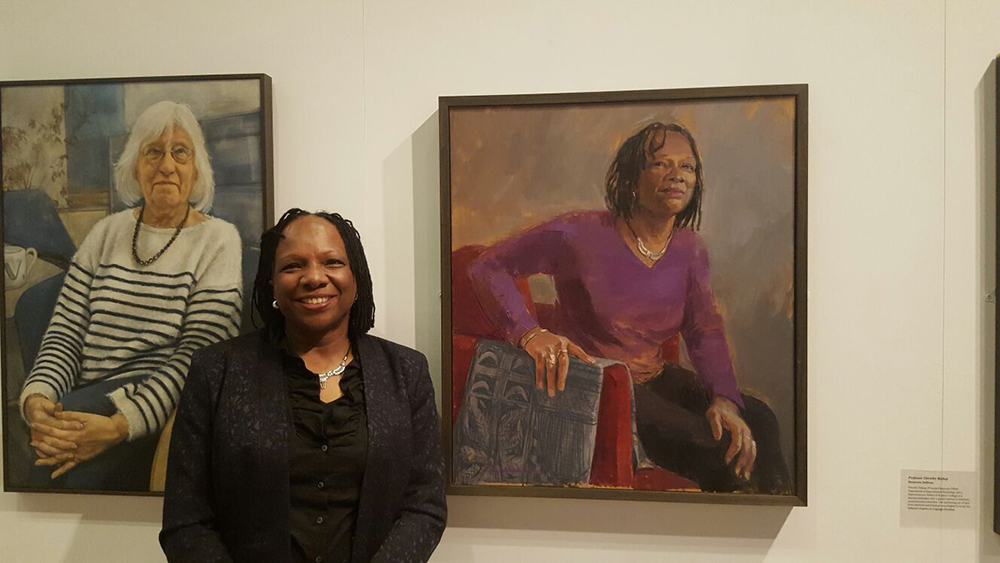
She's consulted on an internationally-screened documentary film on the genocide in Rwanda (Rwanda: The Forgotten Tribe), was a panellist at the British Film Institute post-film discussions of The Past is not the Future: Walter Rodney Student Years and The Young Marx, and has also commentated on African politics on international television.
In November 2020, Patricia was one of eight to be named under the Public, Third Sector and Education component of the 2021 Black Powerlist. The list honoured those who have spoken truth to power at a time of increased debate about racial injustice.
Find out more about Patricia's work and research.
Discover our undergraduate degree and range of graduate degree programmes.
Learn about our executive education and summer schools.
Meet Patricia Daley
Professor of the Human Geography of Africa


